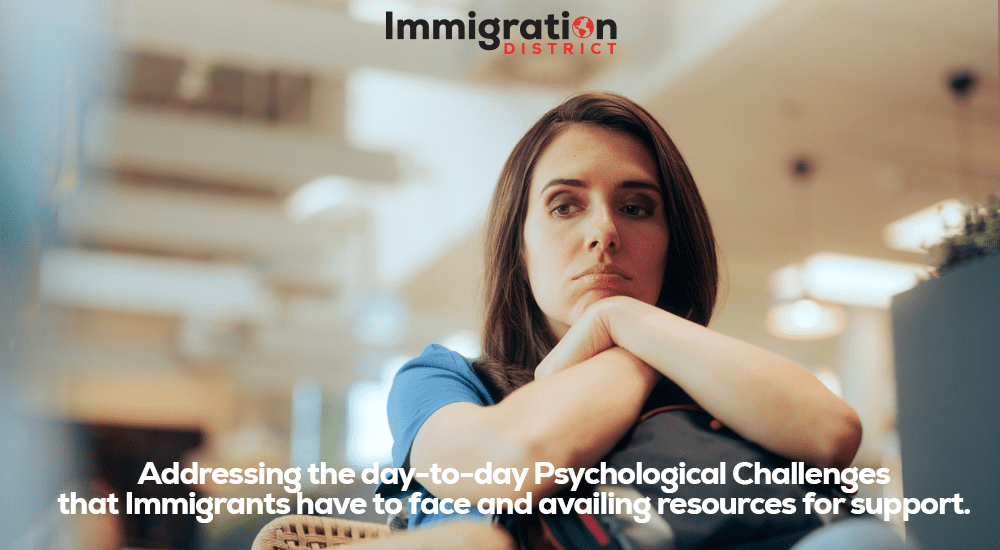
For most individuals, immigration is the passage to new frontier territories with promises of opportunities leading to a better life hence a brighter future. The reality to most immigrants is, however, different, more so in regard to mental health issues. Adjustment to any new environment, culture, or language can prove to be very stressful and challenging. Herein, we explore those psychological hurdles that force immigrants to adapt and offer resources to support their mental well-being.
Acculturative Stress: This is the stress most immigrants face in adapting into a new cultural environment. It is usually manifested by confusion, anxiety, depression, and identity crises. A balance between the need to preserve one’s cultural identity and wanting to assimilate into a new society can sometimes be overwhelming.
Language Barriers: The inability to communicate effectively leads to isolation and frustration in getting one’s needs across. This leads to a barrier in employment, proper medical treatment, and personal relationships caused by chronic stress.
Discrimination and Isolation: Immigrants are met with a lot of racism and social discrimination. This further exacerbates their loneliness and helplessness. All of these factors are involved in the stress and mental problems of depression and anxiety disorders
Trauma and PTSD: Some have witnessed terrifying occurrences in their home countries or have become refugees. The trip might have been traumatic. Symptoms can be post-traumatic stress disorder and several other mental health conditions.
Community Support Groups: Making contacts with local groups that are of the same culture can go some way towards providing that valuable sense of belonging and reducing those feelings of isolation. Often, groups such as these provide emotional as well as practical means of support.
Mental Health Services: Getting mental health services would be the utmost thing to do. Many organizations provide culturally sensitive counseling and psychotherapy specifically for immigrants. For instance, the National Alliance on Mental Illness, the organization gives resources and support for immigrants and refugees.
Language Assistance Programs: Classes on language would be very helpful in overcoming this barrier in communication in the process of integrating into the new society as well as for getting the services.
Online Resources: WHO web sites and other local health departments offer online information related to mental care for immigrants. The information also ranges from how to locate a professional to rights associated with the healthcare system.
Legal Aid Services: Immigrants often run into legal problems, which only serve to exacerbate the already difficult task of immigration. Legal aid can be another way to reduce the anxieties related to legal issues surrounding immigration.
The mental health challenges that might be encountered by immigrants should be tackled through multilevel solutions, community support, having accessible mental health services, and practical resources that can be put in place to make their new homes become enjoyable and fulfilling places for one to thrive as an immigrant.